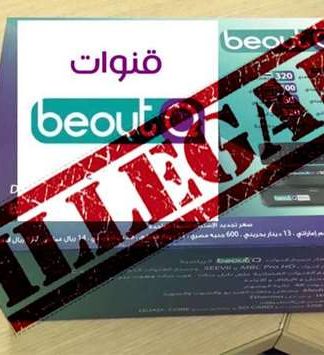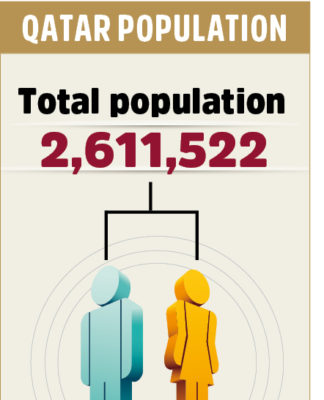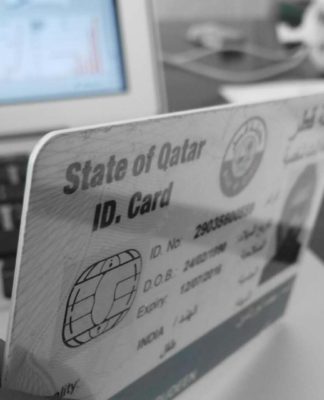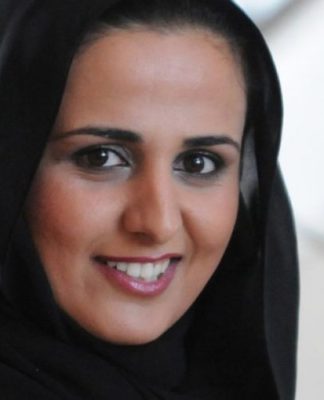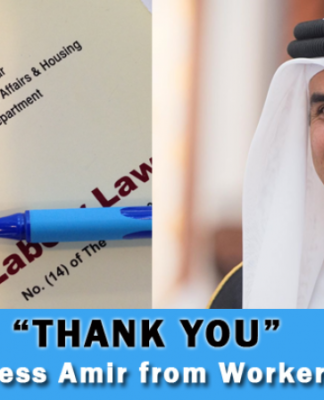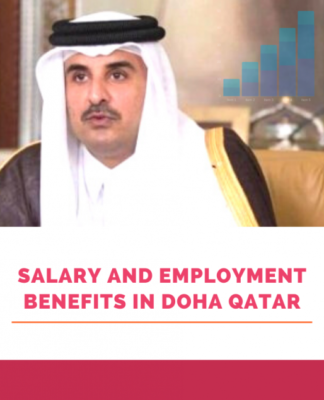POLITICSEUROPE
Who’s who in the Prigozhin-Kremlin conflict?
Friedel Taube
7 hours ago7 hours ago
Tensions between Yevgeny Prigozhin and the Russian military have escalated, though the Wagner Group leader has now halted his troops. Here are the key players in the conflict.
https://p.dw.com/p/4T1G8
A Wagner mercenary in the Russian city of Rostov-on-Don near the Ukrainian border
A Wagner mercenary in the Russian city of Rostov-on-Don near the Ukrainian border on June 24, 2023Image: AFP via Getty Images
Yevgeny Prigozhin
The main figure in the now escalating conflict, Yevgeny Prigozhin, the head of the independent paramilitary Wagner Group, was previously considered to be one of Russian President Vladimir Putin’s closest confidants. The Wagner Group has been instrumental in Russia’s invasion of Ukraine, particularly in and around Bakhmut, not to mention in conflicts in Syria and across the African continent in recent years.
But the close ties between Prigozhin and the Kremlin leadership has suffered in recent months: The Wagner chief has long been in favor of installing a new Russian military leadership, which he has repeatedly criticized for defeats in Ukraine.
Yevgeny Prigozhin, head of the Wagner Group, in a video address from Rostov-on-Don on June 24, 2023Yevgeny Prigozhin, head of the Wagner Group, in a video address from Rostov-on-Don on June 24, 2023
Yevgeny Prigozhin, head of the Wagner Group, in a video address from Rostov-on-Don on June 24, 2023Image: Prigozhin Press Service/AP Photo/picture alliance
Tensions have been increasing since last Friday, when Prigozhin accused the military leadership, in particular his archenemy, Defense Minister Sergei Shoigu, of lying to the Russian people about the true reasons for the war in February 2022. He also accused Russian troops of attacking the Wagner Group.
In a televized national address on Saturday, Putin called the Wagner mercenaries “traitors” who would “inevitably be punished” — the final break between the Kremlin and Prigozhin.
After a deal was struck late Saturday, the investigation into Prigozhin by the FSB, Russia’s domestic intelligence agency, was called off, provided that the mercenary boss move to Belarus. According to the terms of the deal, Wagner’s soldiers also will not face retribution.
The Wagner Group: Russia’s shadow mercenary organization
01:35
Sergei Shoigu
Russia’s defense minister since 2012, Sergei Shoigu has been among the main perpetrators of the military aggression against Ukraine since 2014 and, to an even greater extent, since the all-out war began on February 24, 2022. Shoigu stands accused of numerous war crimes.
Nominally, he is Putin’s most important man — though there are doubts about how much trust the former Kremlin darling still enjoys. While he could count the occupation of Crimea in 2014 and Russian involvement in Syria as successes, his reputation has declined since the war against Ukraine began. The fact that Putin hoped the invasion would go much differently is considered an open secret.
Shoigu’s relationship with Prigozhin is particularly strained. The head of the Wagner mercenary force has repeatedly accused the Defense Ministry of failing to deliver ammunition. Prigozhin has also said that Shoigu is pursuing personal goals and awards, such as a hero’s medal, while deceiving Putin about the situation in Ukraine. These accusations culminated recently when Prigozhin said that Shoigu had lied to the Russian people about the real reason for the invasion.
Defense Minister Shoigu (left) with President Putin (center) and Chief of the General Staff of the Russian Armed Forces, Valery Gerasimov (right) in 2018Defense Minister Shoigu (left) with President Putin (center) and Chief of the General Staff of the Russian Armed Forces, Valery Gerasimov (right) in 2018
Defense Minister Shoigu (left) with President Putin (center) and Chief of the General Staff of the military Valery Gerasimov (right) in 2018Image: Alexei Nikolsky/dpa/picture alliance
Valery Gerasimov
Chief of the General Staff of the Russian Armed Forces Valery Gerasimov took over command of troops in Ukraine from Sergei Surovikin in January 2023. He is also responsible for organizing Rurssia’s military operation in Syria. Having assumed his post in 2012 after Shoigu was named defense minister, he may be considered a confidant of Shoigu, to whom he serves as first deputy.
Wagner chief Prigozhin’s anger is directed at both Shoigu and Gerasimov, who he accuses of incompetence, holding them primarily responsible for heavy losses during the invasion of Ukraine. On Saturday, after claiming to have captured military facilities in the southern Russian city of Voronezh, Prigozhin threatened to march on Moscow unless they joined his cause, and then followed through by moving north.
Deputy Chief of General Staff for the Russian Armed Forces Sergei Surovikin in 2019Deputy Chief of General Staff for the Russian Armed Forces Sergei Surovikin in 2019
Former Prigozhin ally Sergei Surovikin has now called on the Wagner chief to stand downImage: Mikhail Metzel/Tass/IMAGO
Sergei Surovikin
Until now, Deputy Chief of General Staff for the Russian Armed Forces Sergei Surovikin was considered to be a Prigozhin ally. The general commanded the Russian forces in Ukraine from October 2022 to January 2023, before being demoted and replaced by Valery Gerasimov. Since the conflict escalated, he has however apparently turned his back on the head of the Wagner Group, calling on Prigozhin in a video message to end the power struggle on Friday evening.
The enemy is just “waiting to see the exacerbation of our domestic political situation,” Surovikin said, calling for submission to Putin’s command.
This article orginally appeared in German.
















